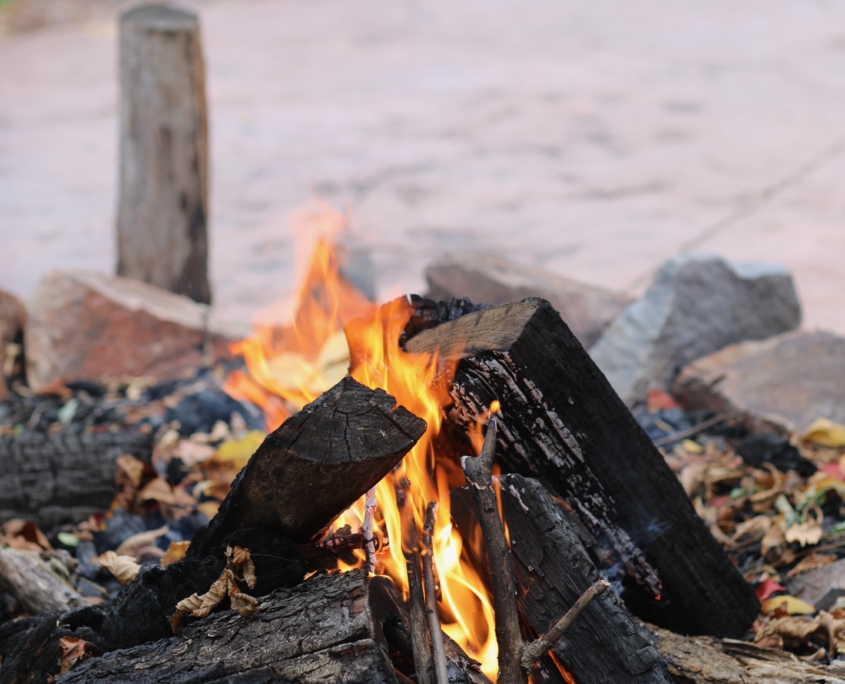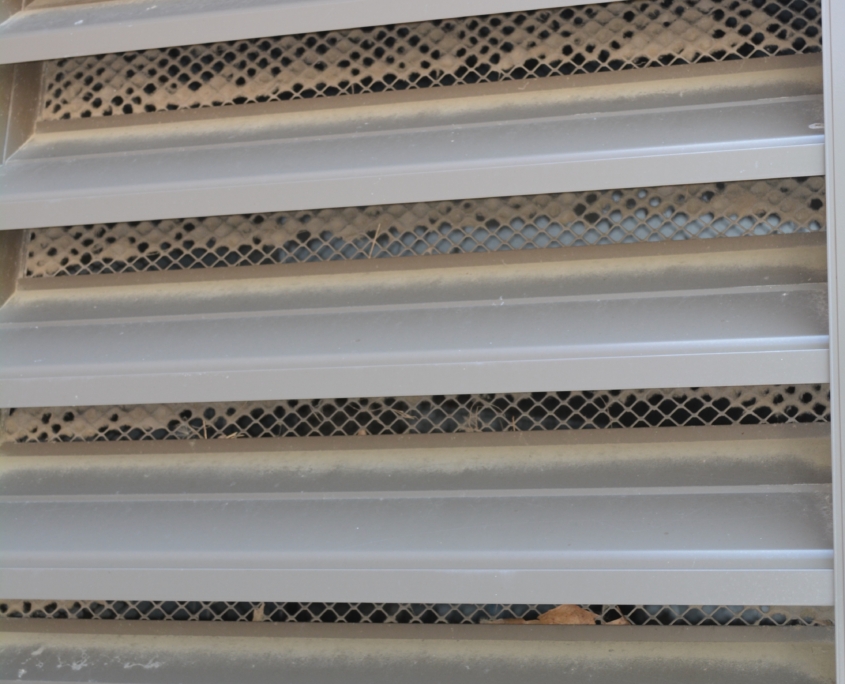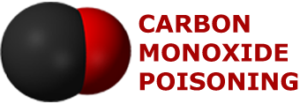Hotel HVAC Maintenance Neglect is Systemic
Neglect in hotel HVAC maintenance happens because of inadequate training, lack of maintenance standards and thinly capitalized ownership. Over the past couple of months, we have blogged about two main topics, carbon monoxide poisoning in boating and carbon monoxide poisoning in hotels. This week we want to revisit the hotel topic with some insight into how large public businesses – that are in the business of providing a place for people to sleep – can do such a bad job of keeping people safe.
Hotel HVAC maintenance neglect starts with the franchising system. You see a brand name on a hotel, you automatically think you are going to stay at a hotel that is run with the same quality of standards that you associate with that chain. That is an appropriate expectation and what the large brands want you to think. But the reality can be completely different. While some brands have started to become more proactive in avoiding carbon monoxide poisonings, the majority are still hiding behind a fictional theory that they are only responsible for your reservation. Expectation: you stay at a Hilton, it is going to be up to Hilton standards. You stay at a Days Inn, it may not be quite as nice, but it will at least be comfortable and safe, because it is part of Wyndham.
To keep customer loyalty, all of these chains have their loyalty programs, much like the airlines. To reinforce the impression that it is all the same, franchisors make sure the signs are the same, the rooms are similar, the towels and the shampoo bottles are the same. Understand, that the franchisor can control any aspect of the local operation of the hotel that they desire. And to ensure that the local operator stick to the brand standards, the do inspections and the local operators have to pass the grade, at pain of losing the franchise.
No Hotel HVAC Maintenance University
If the national chain wanted to mandate CO alarms in every room they could. Since the Boone, North Carolina catastrophe, some of them have. Yet, others are still hiding behind this fiction that it is only the reservation that they can control. Most of our experiences with franchises starts with McDonald’s. McDonald’s has something cleverly called Hamburger University. https://en.wikipedia.org/wiki/Hamburger_University
The theory of Hamburger University is that all management people who work at a McDonald’s, have to go to a specialized school where they learn how to properly run a McDonald’s franchise. Now running a hamburger restaurant is in many ways a lot easier than running a hotel. Yet, there is no Wyndham University, IHG University, etc.
Does your comfort level change about staying at a hotel if you were to learn that no one who actually worked at that hotel knew anything about managing or maintaining a hotel?
Assumptions about Hotel Maintenance
Let’s test your assumptions about Hotel HVAC Maintenance:
- The manager/owner of the given hotel has been to hotel management school.
- The manager/owner of the hotel understood what all of the equipment in the hotel was designed to do.
- The manager/owner of the hotel understood about the dangers of carbon monoxide.
- The manager/owner of the hotel had been trained in how to provide not just a clean, comfortable room, but one where the air that was breathed was free of poisonous gases.
- That the hotel would have fully trained maintenance people on staff who understood all of the workings of the HVAC system.
- That the hotel would have a maintenance contract with an HVAC firm, so that four times a year, they would do preventive maintenance on the HVAC equipment.
- That the management of the hotel would have a budget and an obsolescence plan where all HVAC equipment, including smoke detectors and CO alarms are replaced when they got to the end of their useful life.
- Hotel operators replace the batteries in smoke detectors every six months, or at least when they started to chirp, like we all should be doing at home.
- That when there is a life-threatening condition, regardless of budgeting, repairs and replacements are made immediately.
These are all reasonable assumptions, assumptions that experts in the hotel industry will testify are standards, are rules of reasonable conduct required to properly operate a public inn. Yet, in every hotel carbon monoxide poisoning case we know about, one or all of these basic assumptions about hotel safety has been violated.
What Causes Systemic Hotel Neglect?
How does this happen? When I first started doing carbon monoxide in hotel cases, I thought the only time this would go completely haywire was when a franchise sold a hotel to an inexperienced owner. For example, an old chain hotel that is sold at bottom dollar prices to someone who is acquiring their first hotel business. You would think that before the franchise executed the franchise agreement with this inexperienced person, they would demand that person go to some type of intense training program. They don’t. So, what we have is a moderately successful business type person, who has scraped together enough money to buy a 30-year-old hotel suddenly in charge of the safety of 100’s of people every night. The building says Days Inn on it, but no one from Wyndham has made any effort to make sure that the manager knows what the mechanical systems in the hotel do, or that there is even a well-trained maintenance person on the property.
The less money it takes to buy a hotel, the greater the danger. Thus, there exists an inverse relationship between the how great the need for high level maintenance and the likelihood that any given hotel will get it. The older the hotel, the more likely the HVAC equipment will fail. The older the hotel, the less likely it is that the new owner will have the capital to replace obsolete equipment. The older the hotel, the less likely there is money for emergency repairs. The older the hotel, the lower the room revenue, the narrower the margin of profit, the less likely the hotel will have an outside HVAC company doing periodic preventative maintenance. These older properties are death traps. The franchisors have to know this. Yet they continue to franchise poorly capitalized properties nearing the end of their useful lives, to inexperienced operators with just enough capital to buy the building.
This is what happened in my first hotel carbon monoxide poisoning case. A middle-aged couple had borrowed money from relatives and put all they had into a 40-year-old Days Inn. The mechanical room was in the basement and a complete disaster. It had huge old boilers cobbled together with replacement hot water boilers to try to keep the hot water flowing. While replacing HVAC equipment is rarely a problem, the domestic hot water does tend to get attention. When there isn’t enough hot water for guest showers – which happen when the laundry is also going full tilt – action must be taken. This hard-working couple did what could be expected of people with no training and little capital. They scraped together enough money to replace the domestic hot water boilers, with new high efficiency boilers. Yet, as they didn’t have any actual training in hotel management they didn’t undertand the warnings the HVAC companies were giving them. When the HVAC companies told them that the system wasn’t working right because of negative pressure, they didn’t understand how dangerous that was. They didn’t make the connection that negative pressure equated to carbon monoxide danger.
I understand that many of our readers won’t know why negative pressure means WARNING CABRON MONOXIDE DANGER, but someone in the hotel business must know that. I will use the videos below to try to demonstrate. As we have discussed on this page repeatedly, carbon monoxide poisoning occurs when all of the natural gas that is burned in a furnace, boiler or other fuel burning appliance doesn’t burn completely. We call that incomplete combustion. In complete combustion, natural gas/propane oxidizes with oxygen to produce CO2 and H2O, water vapor. When the combustion isn’t complete – you get CO – as not enough oxygen is available for the amount of fuel being burned to create complete combustion.
The Principles of Combustion
The fire that happens inside a fuel burning appliance is not fundamentally different than a campfire, like the ones in the below videos. Fire needs oxygen. When fires get enough oxygen, they burn efficiently. If they don’t get oxygen, they go out. But in between burning properly and being extinguished, there is the incomplete combustion/not enough oxygen phase.
Natural Draft Draws Oxygen to the Flame
Traditionally, the way in which most fuel burning appliances got enough oxygen to the flame was through the principle of natural draft. When I was a Boy Scout, I was taught to build a fire like a teepee. Below is a picture of a just such a campfire. This almost always works because of the principle of natural draft. As hot air rises, the vertical structure of the teepee fire, forces the exhaust fumes vertically and drawing oxygen to the fire.

Systemic hotel HVAC maintenance breakdowns include lack of training of hotel management and maintenance personnel about the basic principles of natural draft and negative pressure.
An even better demonstration of this principle is in when you put a hollow log (I call them campfire logs) vertically on a campfire. See the below video.
Natural draft furnaces and boilers work on the same principles, except that they are built inside of buildings. Inside of a building, you not only have to engineer a way for the fumes (which might include CO) out of the building by way of a chimney or flue, but you have to ensure that there is enough oxygen inside the building for this fire to burn properly. Older systems simply had window to the outside air to provide this oxygen, called combustion air. They don’t look like windows because they have louvers on them. See below.
But having a window open in the middle of the winter isn’t ideal, so these louver systems may be designed to only be open when the furnace/boiler is actually firing. A mechanical device to open and close a louver, will require maintenance. The more moving parts involved, the more often something will go wrong. Further, louvers have bird screens on them and tend to get clogged with leaves and other seasonal plant material, like cottonwood debris such as the cotton-like fibers that come from the cottonwood tree.

The bird screen of this louver is clogged with cottonwood debris, interrupting the combustion air to the HVAC appliances inside this equipment room. A clogged louver can directly result in carbon monoxide poisoning.
Newer appliances, called high efficiency appliances will have direct vents out the sidewall of a structure. The combustion air will be directly piped into the appliance from the outside air and the exhaust, which is not as hot as that from lower efficiency appliances, is mechanically vented out the sidewall. Negative pressure should never be a problem in high efficiency appliances, so long as the integrity of these sidewall vents is maintained.
But lower efficiency appliances can have negative pressure problems. What is a negative pressure problem? It is when the flow of combustion air is interrupted to the flame when the natural draft is disrupted. Below is a demonstration of the principal with a campfire.
What I did was set up a floor fan next to the fire, a fire where the natural draft is disrupted by knocking over the teepee. As soon as I knocked over the teepee, I got more smoke from the fire. In the first, the fan is blowing on the fire, and it is making the fire burn brighter and the smoke blow away from the fan.
In the next video, I reversed the fan so that it was blowing towards the camera. While the wind which is blowing somewhat the opposite of the fan is neutralizing the effect, I believe that this will help you visualize the principle of negative pressure. Negative pressure is essentially a suction, like the fan, that is causing the exhaust products to reverse the natural flow of up the chimney, backwards. And like in this video, the upward flow (the wind driven smoke) still exists, it is just not the only force on the air flow. If some dynamic in the building is creating a cross current with the natural draft, incomplete combustion will occur. Negative pressure equals incomplete combustion. Incomplete combustion equals carbon monoxide. Inside of a building, these concepts can be complicated to understand. When looking at a campfire, they become clear.
No one should ever manage a hotel unless they understand that negative pressure equals carbon monoxide poisoning. No one should ever be allowed to own or manage a hotel unless they have been taught these basic principles. When chains sell franchises to untrained people and don’t require them to learn these things, the chains must be held accountable.
Attorney Gordon Johnson wrote this blog.

Trackbacks & Pingbacks
[…] I write this, my two biggest areas of focus are eliminating carbon monoxide poisoning events in hotels and apartments. Over and over, we see institutional neglect in both places. We have written thousands of words on […]
Leave a Reply
Want to join the discussion?Feel free to contribute!